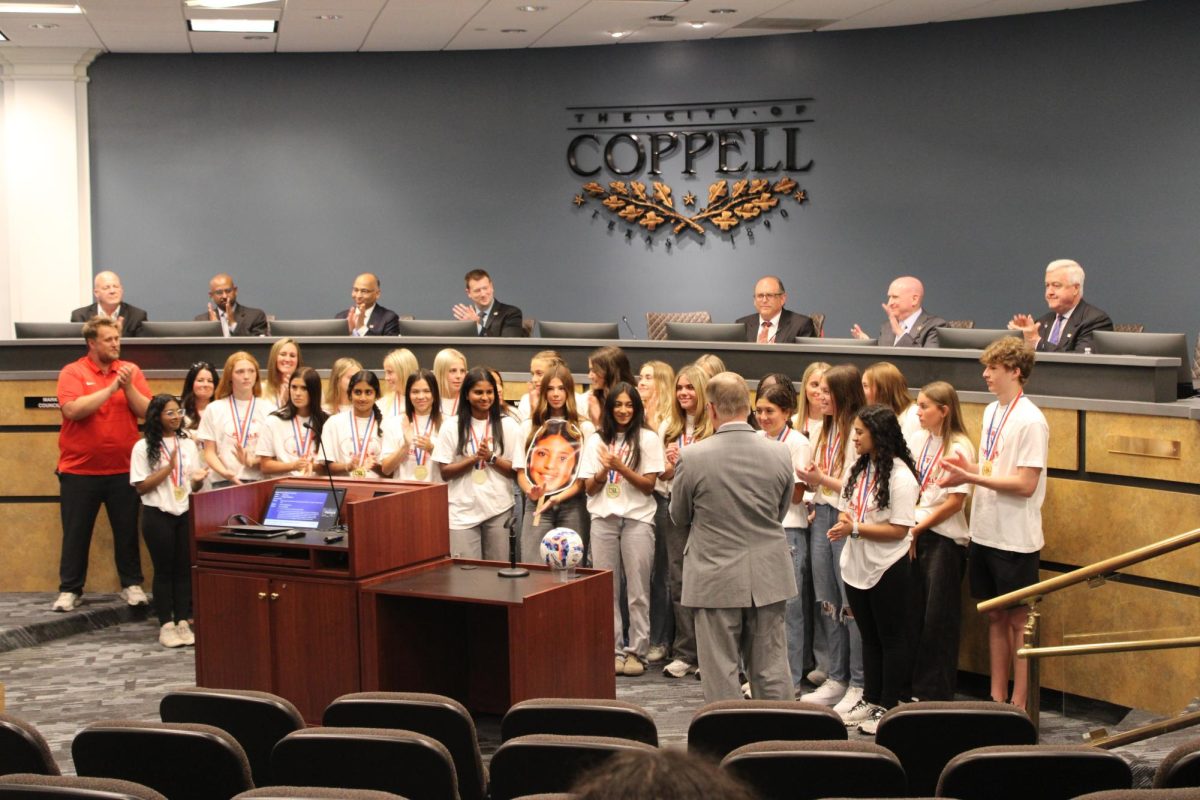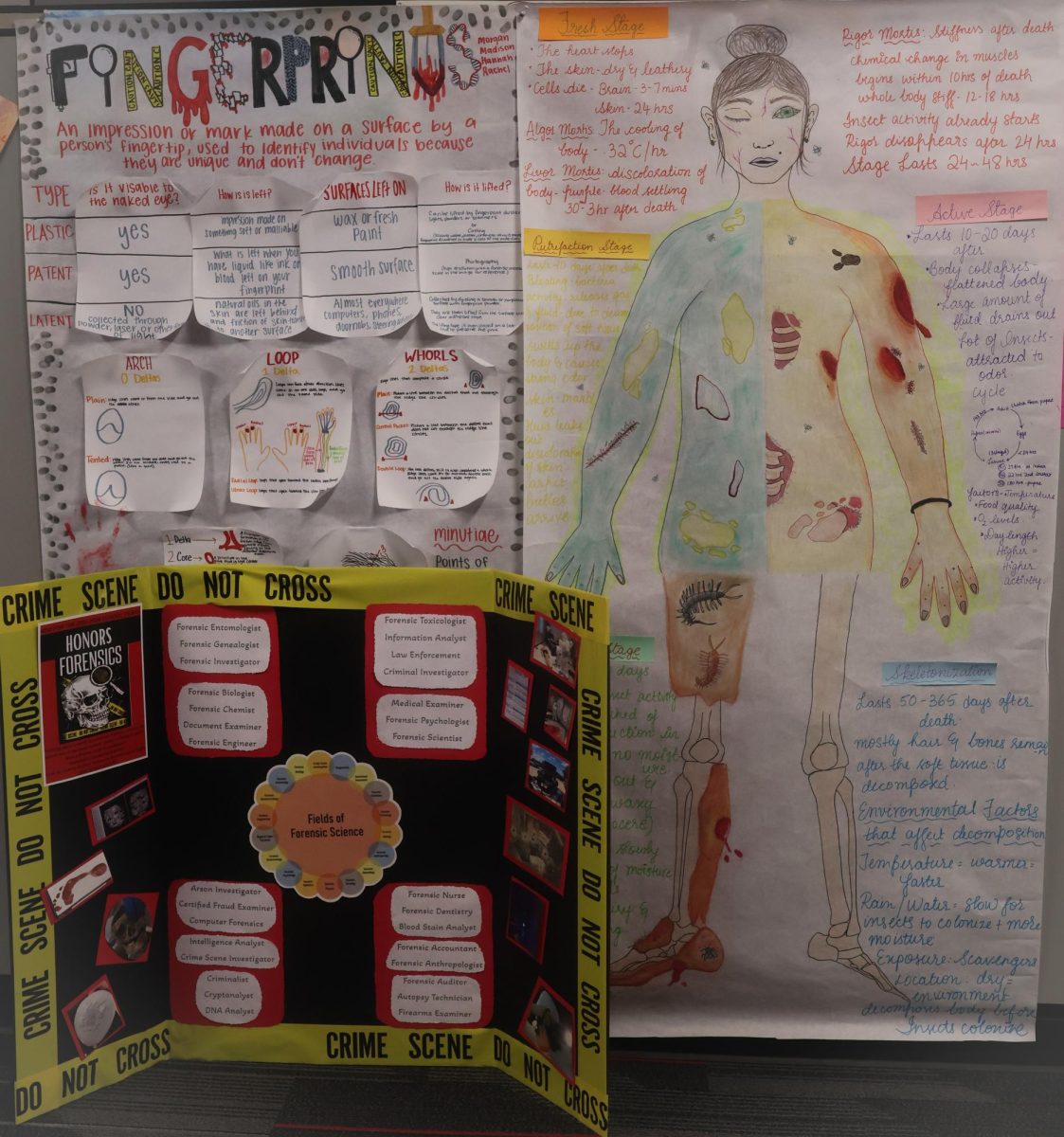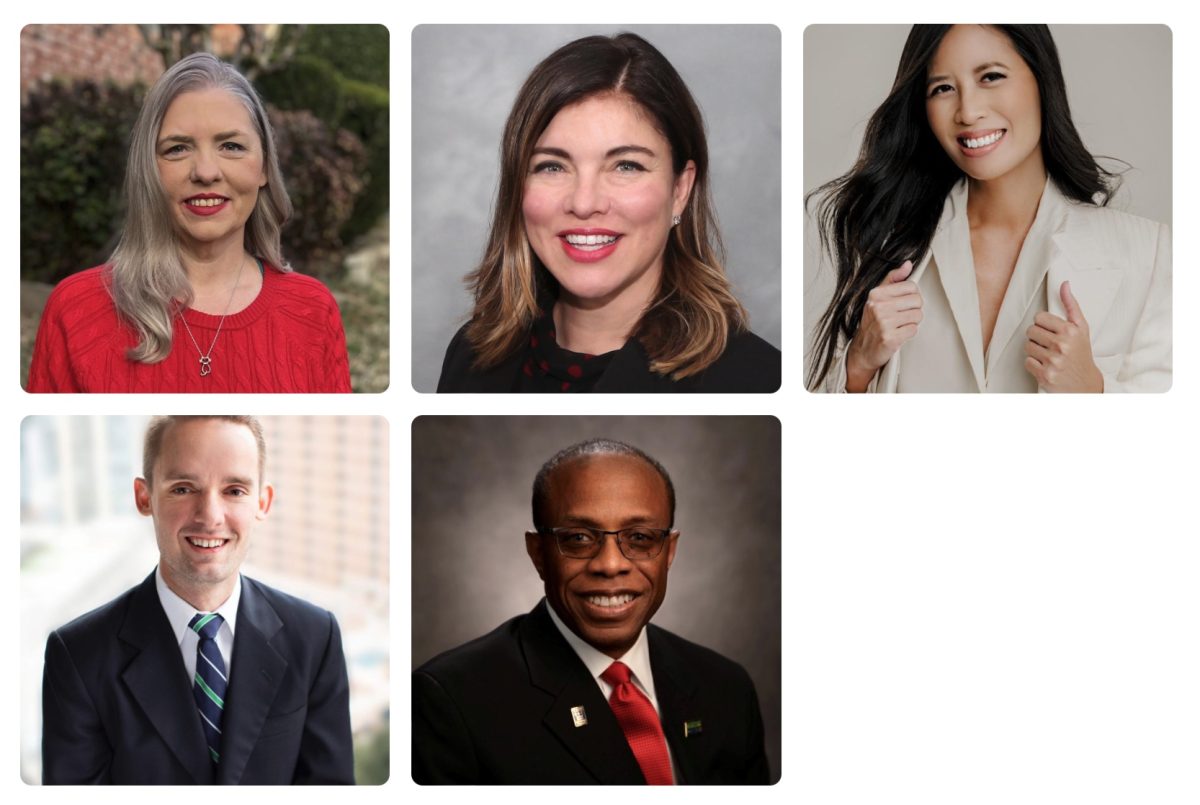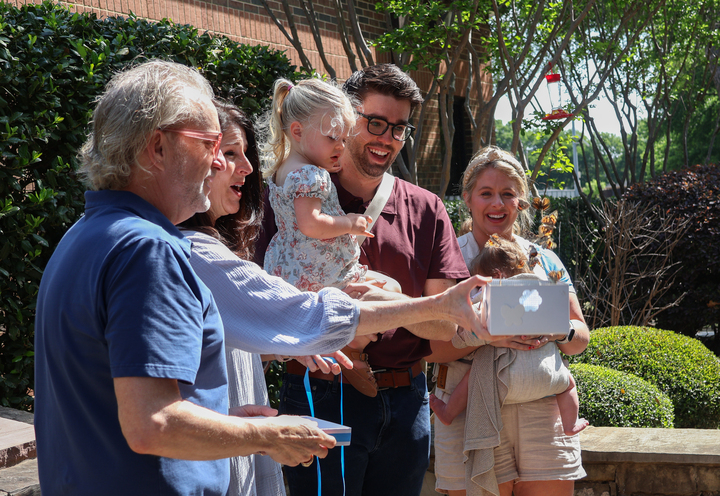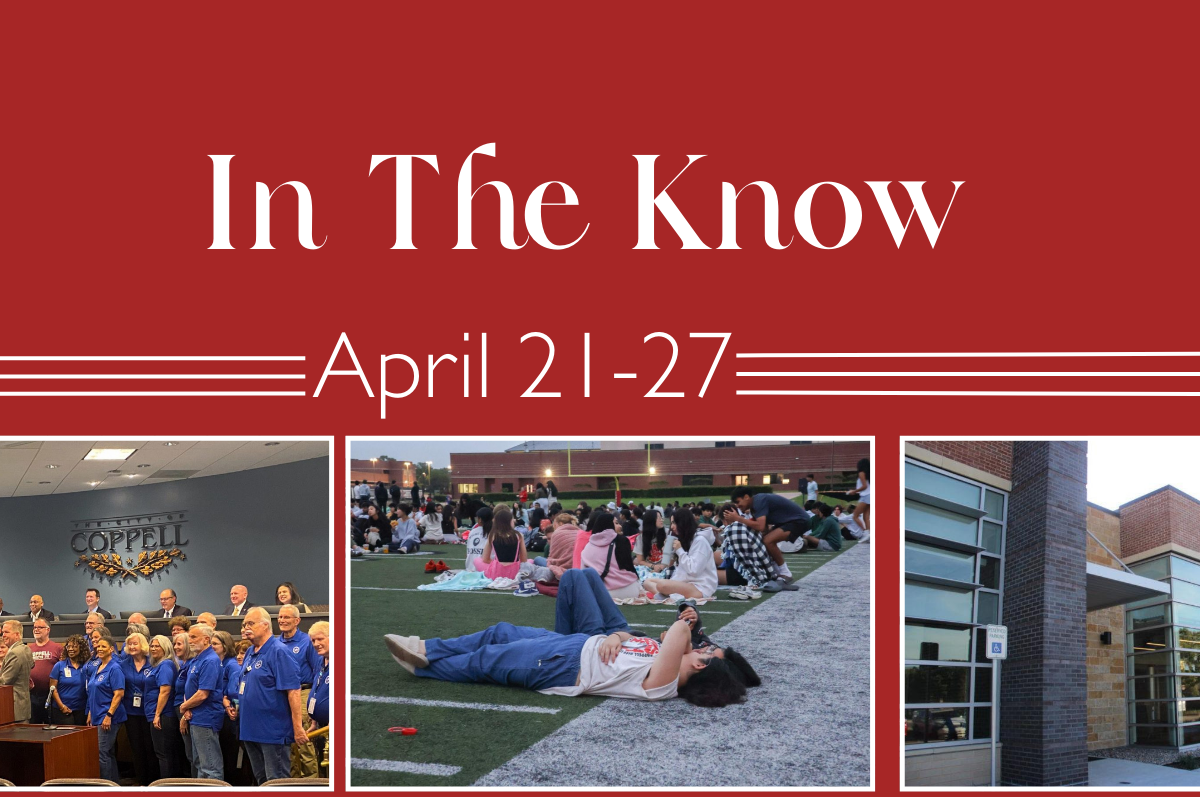Story by Peyton Wood
Video by Tara Henry and Savannah Shealy
Photo by Frances Ruiz
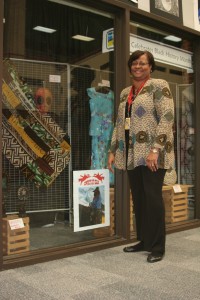
1865 – Thirteenth Amendment was passed and slavery was ended
1963 – Martin Luther King delivered his famous “I Have a Dream” speech
2008 – The United States elected the first African American president
Since the middle of the 19th century, there have been countless African Americans who have greatly influenced the American culture including the obvious, such as Martin Luther King, Rosa Parks and Barack Obama, Harriet Tubman, Booker T. Washington and Malcolm X.
Black History Month was created by Carter G. Woodson in 1926. It was originally named Negro History Week, but has developed into an entire month in honor and celebration of the success of African Americans.
After enduring centuries of mistreatment, discrimination, slavery and so much more, African Americans are thriving in all facets of life that they never could have imagined.
“It’s great for this new generation to learn from the past and the way other African Americans have paved the way for us,” senior Oke Bamgbose said.
Beverly Okpala is a special needs teacher at CHS. As a young girl, she attended a MLK Jr. speech, and in 2008, attended President Obama’s Inauguration. In short, Okpala has witnessed history.
In 1968, Okpala and her sister attended MLK Jr.’s speech in Memphis, Tenn. to sanitation workers.
“I was sitting on the edge of my chair,” Okpala said as she described listening to his speech. “A lot of people think of him (MLK Jr.) as a civil rights activist, but he was primarily a minister and cared about the rights of all people.”
This was MLK Jr.’s second to last speech and Okpala holds this experience dear to her heart. Okpala has all of his speeches on tape and has been moved by so many of his teachings. One of the quotes from MLK Jr. that Okpala has always remembered is from the Montgomery Bus Boycott: “Whatever your life’s work is, do it well. A man should do his job so well that the living, the dead, and the unborn could do it no better.”
Despite all the accomplishments African Americans have made throughout the years, racism is still an issue for many people. One of the most memorable experiences for Okpala was in the late 1970s when she was told to go around back to be able to buy ice cream.
“I didn’t understand. I had money like everyone else,” Okpala said. “I could tell [the worker] didn’t want to do it, he was just doing what he was told.”
Assistant Principal Michael Williams also admitted that he has been discriminated against.
“You feel defeated. You feel like you don’t have a chance. You don’t feel equal,” Williams said. “It’s a terrible feeling because you feel that way based on how you were made and how you came into this world.”
Williams has allowed the influences of MLK Jr. to help him maintain a positive outlook in spite of his experiences with discrimination.
“[I admire] the way that he elegantly articulated the type of vision he had and what he stood for,” Williams said. “Although he is deceased, he will be now and forever more the most influential African American in history.”
Another man who follows MLK Jr.’s advice is President Obama.
“It’s hard to put into words. I had so many different emotions,” Okpala said about Obama’s Inauguration. “The atmosphere was exuberant; everybody was screaming and yelling. I remember standing there and it was a freezing day, but I felt so warm. No one even thought about the temperature.”
Over two and a half million people traveled to Washington D.C. from across the globe to see the 56th presidential inauguration.
“I wasn’t that close [to the stage],” Okpala said. “But when I saw him, I knew a change was coming.”
 " />
" />



